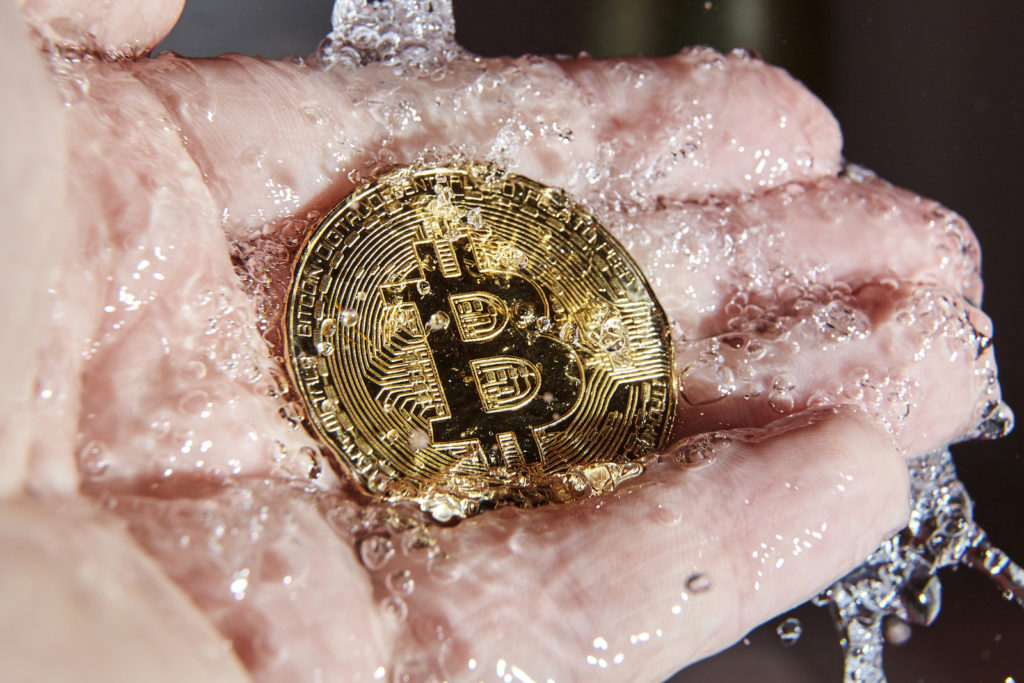Sometimes gold and silver bulls are considered antiquated entities. In 1999 I stood at a party speaking to two men 40 years my senior. Gold and silver came up. Young to the business, I was apprehensive enough to remain silent in the conversation. One man stated that a new market in gold and silver was just beginning – a long term uptrend that would last years. The other coolly quipped, “Gold and silver are irrelevant. It’s a new economy, what with tech stocks and all.” The first man remained silent, as did I.
Slow to digest, I chewed on that statement for years. Finally, I learned enough to understand the quip-per was simply parroting something he’d heard on NPR or somewhere as unreliable. There was no actual market knowledge, no understanding behind his statement. He merely echoed the voice of the current fad.
Then, a few weeks ago I got a call from a fellow about gold and silver. He’s been involved in Bitcoin for some time and spent most of our conversation proselytizing. I have to admit I was almost sold. After all, I have a friend who’s made hundreds of thousands of dollars in Bitcoin. And I don’t fault him for it.
Before the conversation was over, he’d tried several different ways to convince me to begin selling gold and silver for Bitcoin. Highly inflated prices, he explained, are perfectly acceptable for gold and silver traded for Bitcoin. It’s the norm. “Why,” I silently wondered. Then he mentioned volatility and the fog lifted. “Bitcoin is so volatile,” he explained, “that everyone expects prices for real items to be highly inflated because there’s a greater risk in Bitcoin.” That did it for me. Well that and a couple of other things I know about Bitcoin.
First, it’s not anonymous. Unless you are pretty skilled and working on the dark web, nothing you do on the internet is anonymous. Nothing.
Second, it’s not secure, either. I’m sure most people won’t get robbed of their Bitcoin, BUT if you’ve never heard of Mt. Gox, you need to understand the risks. Please load a podcast app on your device, or click here for the online version, and listen to Darknet Diaries’ Episode 9 – “The Rise and Fall of Mt. Gox.”
Whatever you do, please do not take this as a complete dismissal of Bitcoin. Blockchain technology may be the currency of the future and Bitcoin may be the trial balloon. When things like Bitcoin appear, I remember Catherine Austin Fitts’ statement that those in power don’t ever simply travel from New York to Chicago. Before doing so, they figure out a way to make money travelling from New York to Chicago. Maybe Bitcoin’s just working the bugs out for someone.
Regardless, even if Bitcoin represents the currency of the future it doesn’t change a thing. Bitcoin is still fiat currency. Gold and silver are still the only assets that carry intrinsic value. Yes, the Bitcoin craze has – and will – suck market participants from precious metals, but that doesn’t speak to an intrinsic value because it has none. Mine all you want, Bitcoin is still fiat. That’s why those with Bitcoin will pay huge prices in Bitcoin for physical precious metals. Bitcoin may be currency one day, but Bitcoin ain’t never gonna be gold or silver.



On the nose.
Blockchain may be good for insuring sound transactions in a fast digital age. But used itself as “money” (more properly, as a currency), it is not only subject to easier theft (Mt. Gox being but one example), it also is still fiat. To me, it seems that the Blockchain technology would be helpful in transactions backed by silver, gold, and other precious metals Holdings (in secure, regularly audited vaults). If I’m misunderstanding something of the nature of these things here, I’d be glad to gain more understanding.
Great post, you have pointed out some fantastic details, I also believe this is a very superb website.